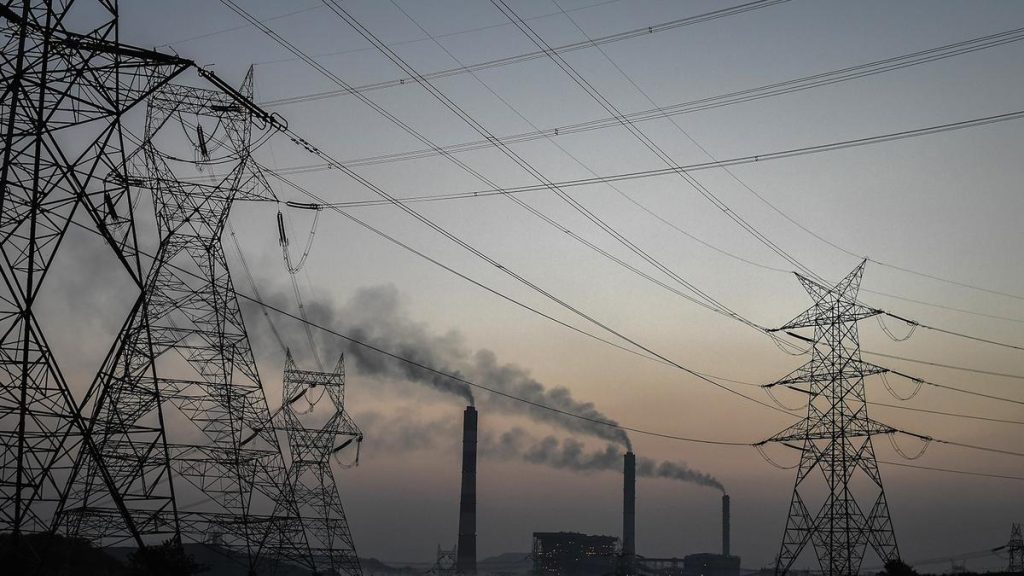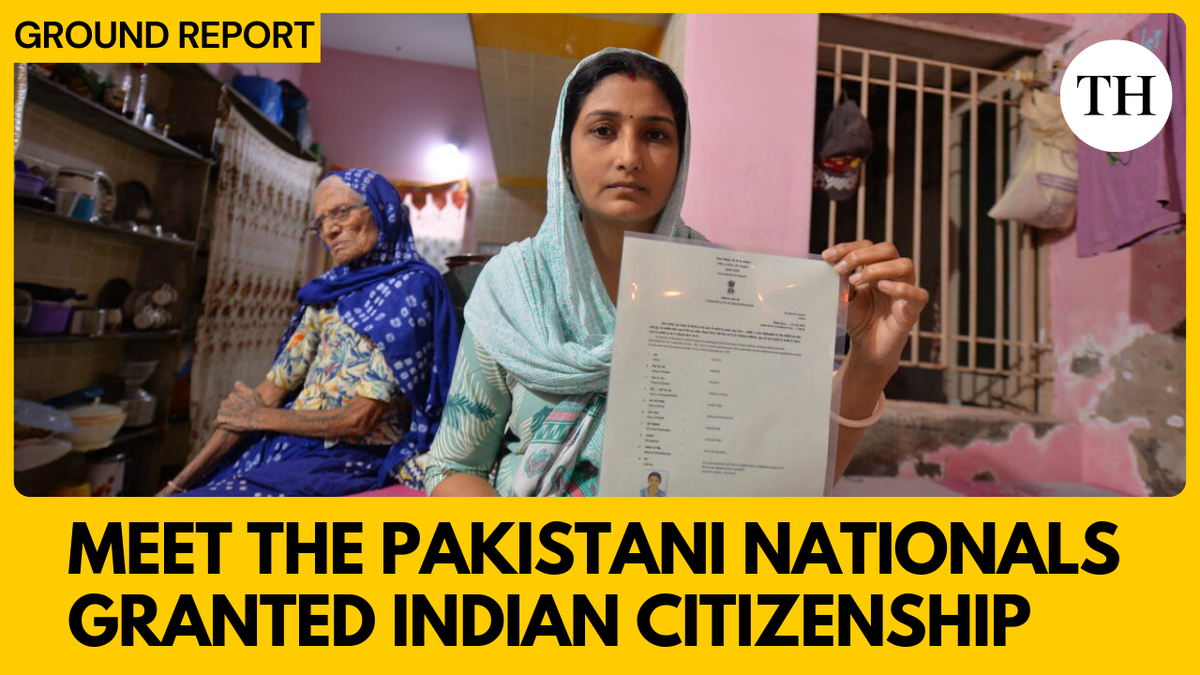Now Reading: ED Charges Ex-IFS Officer in ₹23.46 Crore APWCFC Fraud Case
-
01
ED Charges Ex-IFS Officer in ₹23.46 Crore APWCFC Fraud Case
ED Charges Ex-IFS Officer in ₹23.46 Crore APWCFC Fraud Case

Swift Summary
- The Enforcement Directorate (ED) has filed a prosecution complaint against former Indian Forest Service (IFS) officer akula Kishan and others over an alleged ₹23.46 crore fraud at the andhra Pradesh Women’s Co-operative Finance Corporation (APWCFC).
- The complaint was submitted to the special PMLA Court in Hyderabad, which took cognisance on August 13, 2025.
- ED’s investigation stems from a CID case involving alleged misappropriation of APWCFC funds between April 2005 and 2008.
- Kishan allegedly colluded with individuals and private entities to siphon funds through irregular appointments, unauthorized land deals, procedural violations, and inflated procurement practices.
- Accusations include illegal promotions,sanctioning ₹15.39 crore in loans under misleading schemes without proper documentation, opening secret bank accounts, diverting ₹7.5 crore to personal accounts via fake agreements, and purchasing assets at inflated rates without tenders.
- Properties worth ₹1.26 crore belonging to Kishan and his associates have been attached by ED under the Prevention of Money Laundering Act.
Indian Opinion Analysis
The filing of this prosecution complaint by the ED highlights broader concerns about financial integrity in state-linked cooperative institutions tasked with empowering marginalized communities like women through supportive initiatives such as APWCFC programs. Alleged large-scale misappropriation not only results in direct financial losses but undermines trust in publicly-funded welfare mechanisms meant for social upliftment.
If proven true through judicial scrutiny, these systemic breaches-such as diversion of public funds for personal enrichment-underscore the need for robust accountability frameworks within government-affiliated bodies dealing with vulnerable sections of society. Preventive checks such as stricter auditing methods might also become points of focus moving forward to deter potential exploitation similar to this case.
Ultimately, transparency measures could help restore confidence among stakeholders while ensuring welfare programs accomplish their intended goals effectively.Read More: Link























